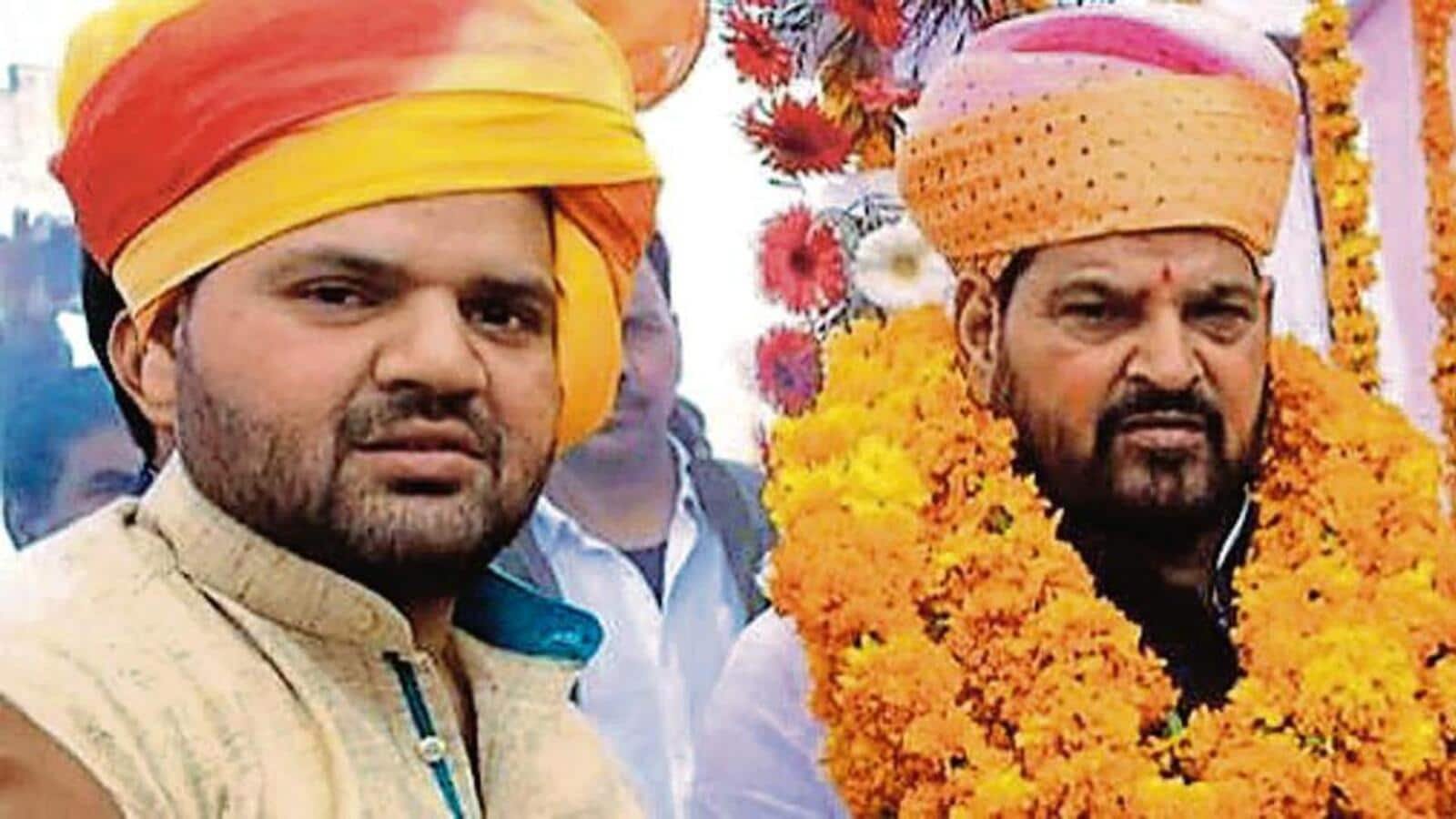According to a recent ruling by the Jammu and Kashmir and Ladakh High Court, even in cases when the mother of the young children works and earns her own income, the father still has a moral and legal duty to provide for her.
According to Justice Sanjay Dhar, a father’s obligation to provide for his children does not change just because the woman works.
In a case where a guy claimed he didn’t have enough money to support his minor children, the court noted as much.
In addition, the guy had maintained that the children’s mother, his estranged wife, was a working mother with enough money to support the family.
But the Court dismissed this claim.
“It is the legal as well as moral obligation of the petitioner being the father of the respondents (minor children) to maintain them. It is true that mother of the respondents is a working lady and she has her own income but that does not absolve the petitioner, being the father of the respondents, of his legal and moral responsibility to maintain his children. Therefore, the contention of the petitioner that because mother of the respondents is earning, therefore, he cannot be directed to pay maintenance, is without any substance,” the Court said.
The guy who was ordered by a magistrate court to provide ₹4,500 in maintenance for each of his three children filed the case that is currently before the court.
After a sessions court denied his challenge to the maintenance order, the man (petitioner) went to the High Court.
The petitioner contended before the High Court that he could not afford to pay ₹13,500 in maintenance for his children since he also had to assist his sick parents. He claimed that his monthly salary was barely ₹12,000.
He went on to claim that the children’s mother was a well-paid government teacher. Thus, he continued, he cannot be held solely responsible for the children’s upkeep.
The petitioner had not provided the trial court with any proof to support his claim that he only made ₹12,000 a month, the High Court pointed out.
However, the Court pointed out that it was undeniable that he was a licensed engineer with prior international experience.
The petitioner claimed to have handed his wife all of his profits, which she used to purchase some real estate, but the court was not persuaded by this argument either. The Court concluded that no evidence had been presented in the trial court to support this.
The High Court went on to rule that the evidence presented to the trial court could not be given a second look. It therefore rejected the petition.
The petitioner’s attorney, Mir Majid Bashir, made an appearance.



